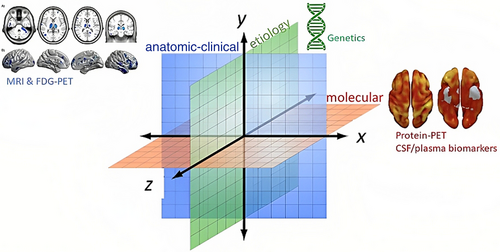Parkinson’s disease (PD) is a complex disorder characterized by a wide spectrum of symptoms. Depression and anxiety are common manifestations in PD and may be determinants of health-related quality of life (HRQoL). The objective of this study is to determine the association of depression and anxiety with the dimensions of HRQoL in subjects with PD enrolled in an association of patients. Ninety-five community-based patients with PD diagnosis at different disease stages were studied. HRQoL was assessed using the Parkinson’s Disease Questionnaire (PDQ-39); depression and anxiety were assessed using the Beck Depression Inventory (BDI-II) and the State-Trait Anxiety Inventory (STAI), respectively. Our results showed that depression and anxiety were negatively associated with HRQoL measured by PDSI. Higher motor dysfunction measured by Hoehn and Yahr (H&Y) staging was also associated with worse HRQoL. Depression was the most influential variable in the model. All PDQ-39 dimensions except social support and bodily discomfort were associated with depression. Anxiety was associated with the emotional well-being and bodily discomfort dimensions. These results suggest that physicians should pay attention to the presence of psychiatric symptoms and treat them appropriately.

